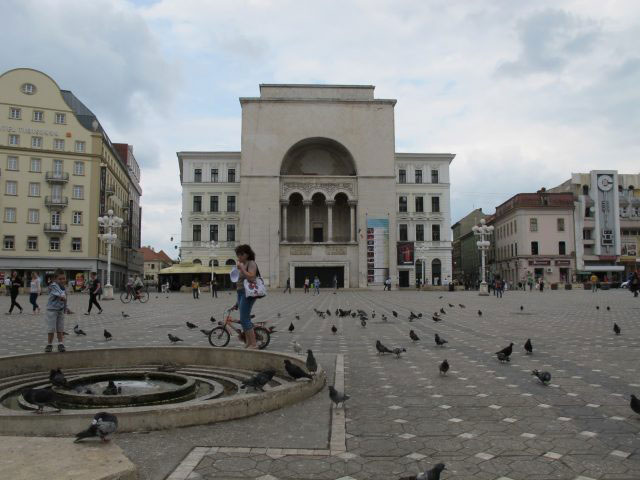
Invest
Opportunistic investors are willing to accept more risk in the anticipation of a higher return. Traditional institutional investors want secure properties with transparent data on occupancy rates, cash flows and operating costs.
A typical pension fund manager looks for stable properties, invests for 10- to 20 years and is happy with a 3- to 5% return. Opportunistic investors take on more risk for shorter periods and seek much higher returns. A portfolio manager looking to diversify a small portion of a client’s capital might look to invest in a less transparent market for a 3- to 5-year period with the expectation of a 20% or more return.
The International Property Markets Scorecard is a tool that can be used by opportunistic investors in markets where there is very little transparent market data. The Scorecard lays out the strengths of the institutional support for property markets in a country. It can be used as a proxy for making emerging market investment decisions when there is not enough trusted data on transactions. The Scorecard is currently being used, among others, as a part of the United Nations Economic Commission for Europe (UNECE) project on increasing international trade in the Balkans.
Upper-Middle Income Economies as defined by the World Bank are excellent targets for opportunistic investors as these countries have relative political stability, a growing middle class, developing professional services and progressing adaptation of international standards. Albania, Montenegro and North Macedonia were the upper-middle income countries included in the UNECE project with Romania (high-income) and the Kyrgyz Republic (lower-middle income) for comparison.
The Scorecard research shows that basic property rights are strong in Montenegro, North Macedonia and Romania. Albania and the Kyrgyz Republic are still coping with the transition from state-controlled economies, so property rights remain weak. However, in all these countries, the enforcement of property rights remains a risk for investors. All of the examined countries have weak independent judiciary and dispute resolution can cost time and money. As with investment in any country, contracts should include a mandatory arbitration clause to avoid the courts and the ensuing drain on the investment.
Access to credit also remains a problem. While opportunistic investors are not overly concerned with lending, the lack of venture capital and a strong stock market in these countries makes them highly dependent on the Central Banks and increases investor risk from currency fluctuations and banking collapse. Montenegro and Romania have stronger financial transparency, so investors should be able to find independent asset valuers to help them price risk.
Albania, Romania and North Macedonia have a degree of effective governance including the ability for citizens to petition the government and relatively free markets. The primary risk for investors in all of these countries is government regulation. While most of these countries have a favorable taxation system – with the notable exception of Albania – they all lack licensed and regulated professional services. Regulations across the spectrum are likely to conflict and the governments lack the resources and will to enforce most regulations. They also lack efficient capital markets so that capital can grow and be reallocated.
Of course, opportunistic investors are ready to accept risk if they can price it and mitigate it with insurance, leverage, partnership and other tools. The new International Property Markets Scorecards for Albania, North Macedonia, Montenegro, Romania, and the Kyrgyz Republic can give investors an understanding of the entire property market system and the risk factors in each country.
These Scorecards can be used to develop strategies for market entry and higher returns in countries that are eager for direct foreign investment. Each investor will have different objectives and risk tolerance, so there are opportunities in each of these countries. Examples include the purchase and rehabilitation of distressed assets or public-private partnerships for infrastructure improvements. Whatever the case, these Scorecards are a valuable tool that can be used by opportunistic investors as well the governments, advocates and reformers in each country to help attract investment and improve the lives of citizens.
